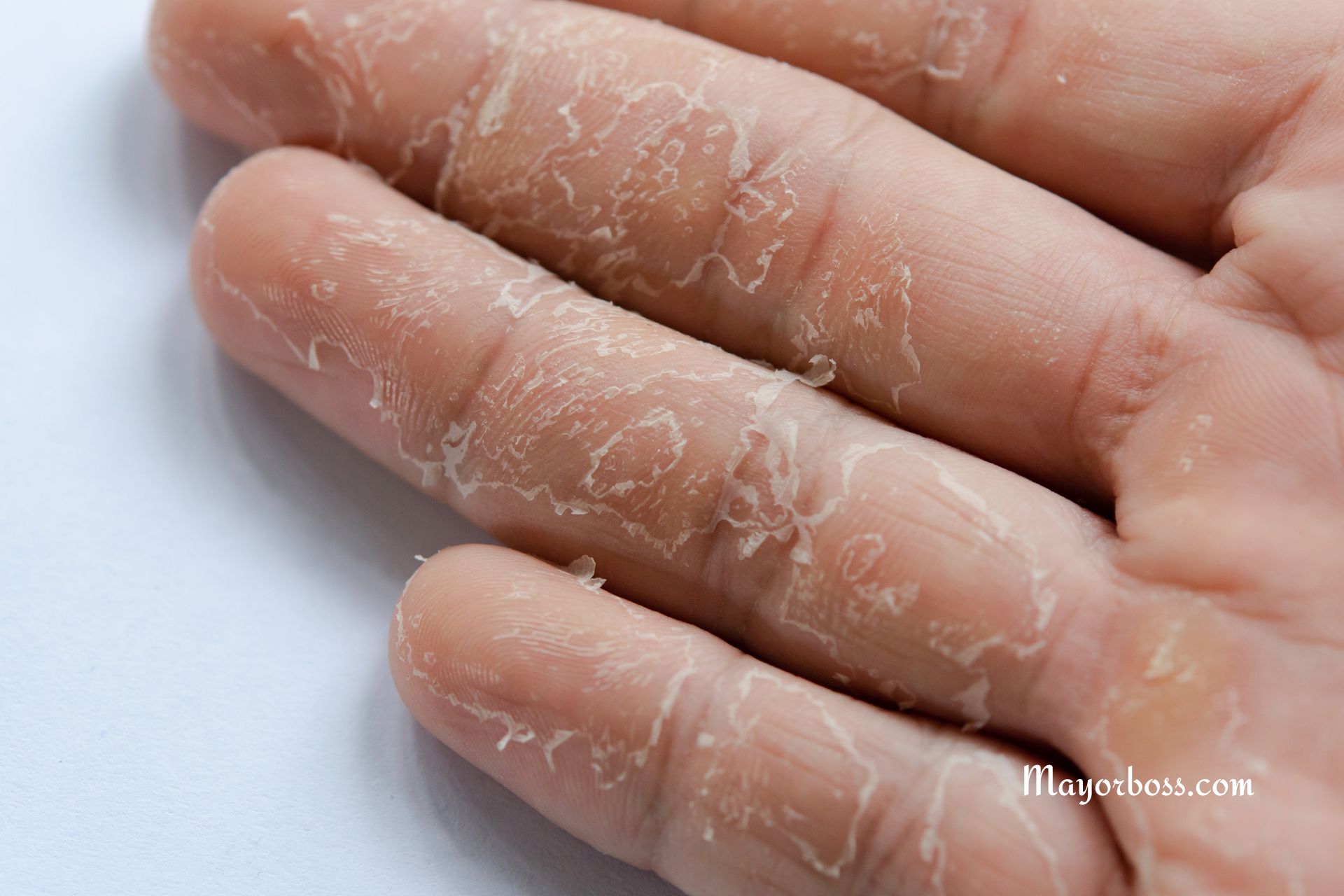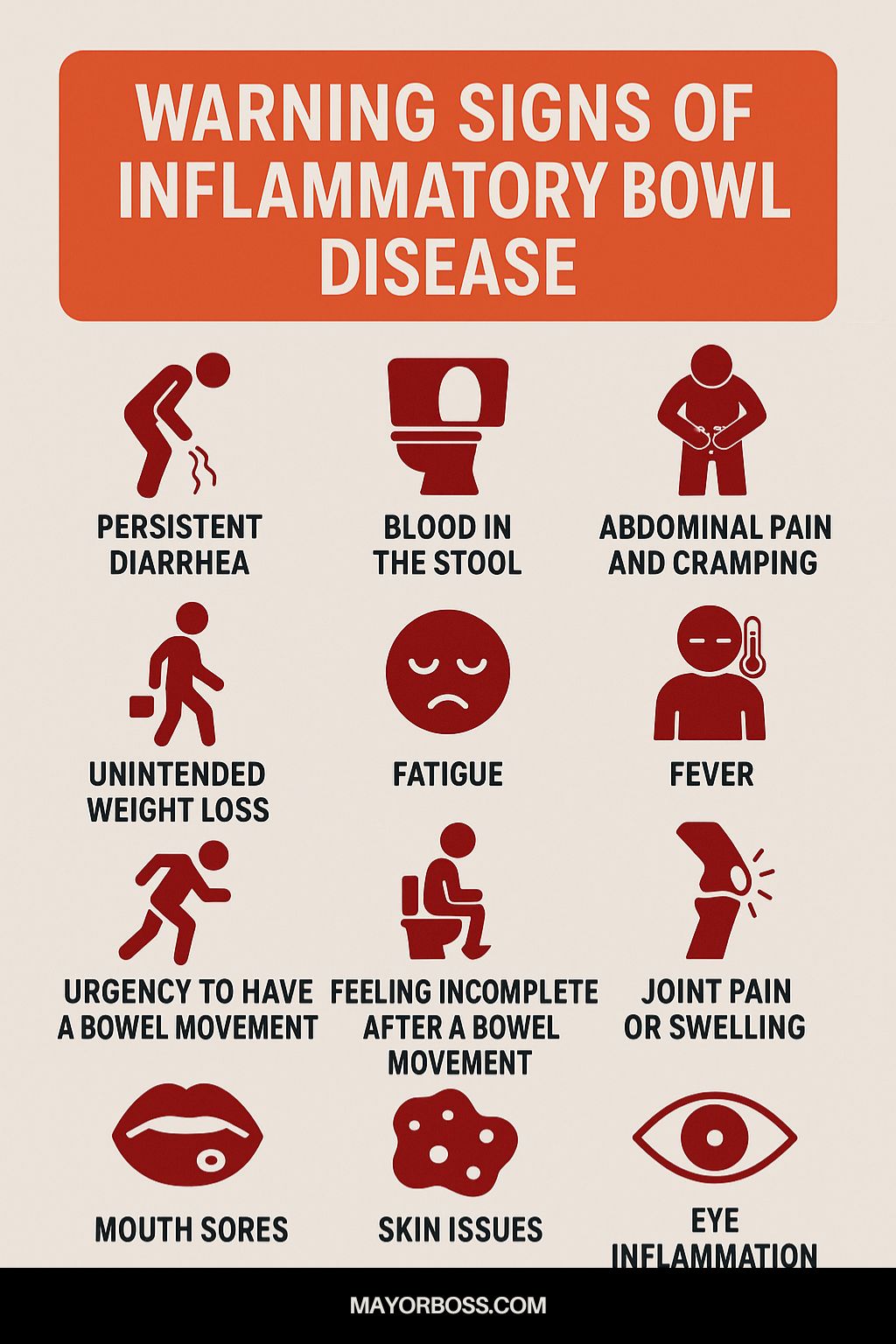Why Am I Having So Much Discharge?
Experiencing an increase in vaginal discharge can be concerning, but it’s a common condition that many individuals face at some point. Vaginal discharge serves an important function in the female reproductive system by cleaning and protecting the vagina from infection and irritation. The amount, color, and consistency of discharge can vary throughout your menstrual cycle due to hormonal changes. However, if you notice a significant increase in discharge or changes in its color, smell, or texture, it might indicate an underlying health issue. Let’s explore some potential causes for heavy or excessive discharge and when you might need to seek medical advice.

Common Causes of Increased Vaginal Discharge
There are several possible causes of excess vaginal discharge, including:
- Hormonal fluctuations: Changes in your hormone levels due to menstrual cycle, pregnancy, or menopause can lead to an increase in discharge.
- Sexual arousal: Natural lubrication increases during sexual arousal, leading to more discharge.
- Birth control: Hormonal birth control methods can affect the quantity and consistency of discharge.
- Infections: Yeast infections, bacterial vaginosis, and sexually transmitted infections (STIs) like chlamydia or gonorrhea can cause increased discharge.
- Vaginal douching: Douching could disrupt the natural balance of bacteria in the vagina, leading to increased discharge.
- Cervical or vaginal cancer (rare): In rare cases, abnormal discharge can be a sign of cancer in the reproductive organs.
When to Seek Medical Advice
You should consult a healthcare professional if you experience:
- Discharge that is green, yellow, or gray in color
- A strong, foul odor
- Discharge accompanied by itching, burning, or irritation
- Pain during urination or intercourse
- Bleeding or spotting between periods
Preventing and Managing Increased Vaginal Discharge
- Maintain good hygiene: Wash your genital area with mild soap and water. Avoid douching and scented hygiene products.
- Wear breathable underwear: Cotton underwear can help keep your genital area dry, reducing the risk of infections.
- Change out of wet clothes promptly: Sitting in wet swimwear or workout clothes can increase the risk of yeast infections.
- Manage stress: High stress levels can affect your body in many ways, including altering your vaginal health.
Frequently Asked Questions
1. Can dietary changes affect vaginal discharge?
Yes, your diet can impact your vaginal health. For instance, high sugar intake can promote the growth of yeast, potentially leading to infections that increase discharge.
2. Is increased discharge always a sign of an infection?
Not always. Discharge can increase due to sexual arousal or normal hormonal changes, especially during ovulation. However, if the increase is accompanied by other symptoms like odor or irritation, it might be due to an infection.
3. Can increased discharge be prevented?
While you can’t always prevent changes in discharge, maintaining good hygiene, wearing breathable underwear, and avoiding irritants can help maintain a healthy vaginal environment.
It is important to remember that if you’re concerned about the amount or type of discharge you’re experiencing, it’s important to consult with a healthcare provider to rule out any potential issues and receive appropriate treatment.






